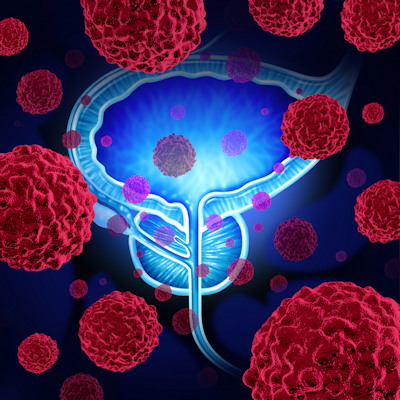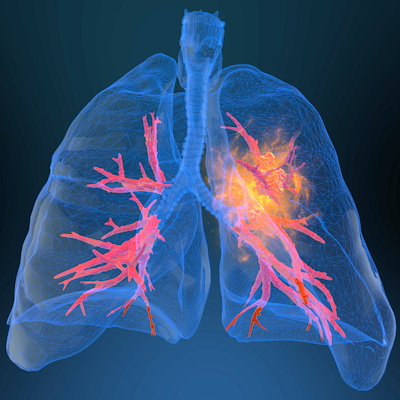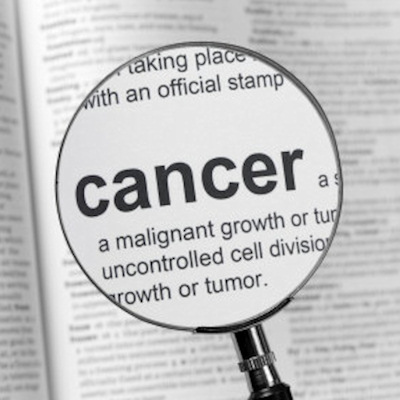April 18, 2023 -- Researchers at NIH’s National Cancer Institute (NCI) have found that accelerated progress is needed to achieve President Joe Biden’s Cancer Moonshot goal of reducing cancer death rates in the U.S.
The national goal aims to cut the age-adjusted cancer death rate by at least 50% over the next 25 years, and to improve the experience of people living with cancer.
A study by the NCI researchers, published Monday in Cancer Discovery, outlines the challenges and opportunities involved in achieving this goal.
Using data from NCI's Surveillance, Epidemiology, and End Results program, and the Centers for Disease Control and Prevention's National Center for Health Statistics, the researchers examined trends in age-standardized cancer incidence, survival, and mortality rates from 2000 to 2019 for all cancers combined, as well as for the six cancers that together account for 57% of cancer deaths: lung, colorectal, pancreatic, breast, prostate, and liver.
Due to decreasing cancer incidence and improvements in survival, age-adjusted death rates from all cancers combined declined by 1.4% per year from 2000 to 2015 and by 2.3% per year from 2016 to 2019. These declines reflect substantial reductions in deaths from lung cancer, colorectal cancer, and breast cancer.
Prostate, pancreatic, and liver cancer death rates are less promising. Death rates from prostate cancer had declined strongly from 2000 to 2013, but that decline has since slowed. Death rates from pancreatic cancer have been increasing from 2006 to 2019. Death rates from liver cancer, previously increasing for decades, have recently begun to decline. Death rates from all other cancer types combined have also declined.
The researchers projected that, if recent mortality rates from all combined cancers continues, the overall age-adjusted cancer death rate is estimated to decrease by 44% by 2047, falling short of the 50% goal. Cancer death rates would need to decline more rapidly -- by 2.7% per year versus the current rate of 2.3% per year -- to achieve a 50% reduction by 2047.
Opportunities outlined in the study include reducing the use of cigarettes and other tobacco products, increasing colonoscopies to better prevent and detect colorectal cancer, increasing hormone therapies to prevent and treat breast cancer, and increasing detection and treatment of hepatitis B and hepatitis C to reduce liver cancer risk. Additionally, new strategies and continued innovation, including the development of new cancer drugs and screening tests, are needed to reduce prostate, liver, pancreatic, and other cancer deaths. Finally, the study researchers emphasized the importance of addressing cancer health inequities and improving access to interventions.
The study's publication coincides with the release of the National Cancer Plan, a long-term framework developed to support a national response to achieving the Cancer Moonshot's goal. "There are a lot of tools that we know have reduced cancer death rates substantially for specific cancers, and if those are used more broadly, with greater access, this ambitious goal might be achievable," Dr. Meredith Shiels, NCI senior investigator and study leader, said in a statement.
Copyright © 2023 scienceboard.net











